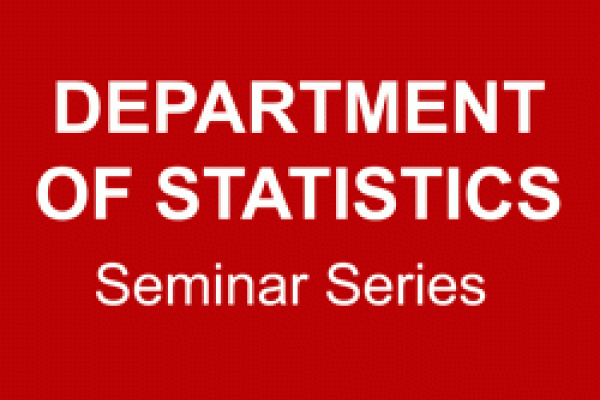
Title
Experimental Design in the New Millennium
Speaker
C.F. Jeff Wu, H. C. Carver Professor of Statistics, University of Michigan
Abstract
The theory and practice of experimental design have seen an explosive growth in the last two decades. The main impetus was the need of modern and efficient tools for manufacturing and technologies. Existing tools as described in standard texts (like the influential one by Box, Hunter and Hunter) cannot meet these needs. This talk will review modern ideas and tools in the planning, analysis and optimization of experiments.
Four areas will be reviewed. (i) Robust parameter design: The main issues include choice of performance measures, planning techniques, and modeling and analysis strategies. (ii) Nonregular designs with mixed levels and complex aliasing: The original motivation was run size economy. Contrary to the "traditional wisdom", recent advances suggest that they can also be used for estimating interactions. (iii) Minimum aberration criterion for fractional factorial designs: It has emerged as the main criterion for selecting optimal fractions. Some results and practical implications on the use of this criterion will be presented. (iv) Analysis of nonnormal data from designed experiments: Coverage of this topic in standard design texts is minimal. Both likelihood and Bayesian (using Gibbs sampler) strategies will be discussed.
Many of these new methods/techniques are covered in the book "Experiments: Planning, Analysis, and Parameter Design Optimization" by Wu and Hamada (Wiley, 2000).
